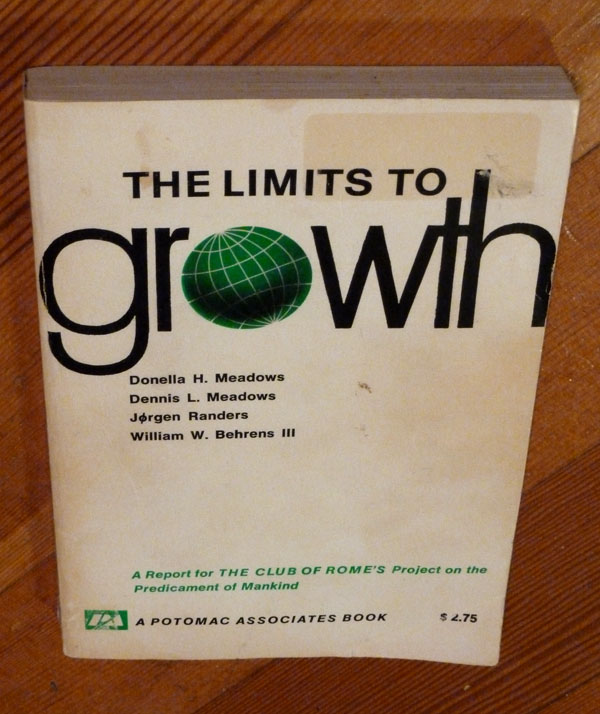S400: Tax Exempt Status For Used Bookstores
Note: I’m debuting the S400 series with this non-wonky and whimsical “solution” to make it clear to would-be contributors that (almost) anything goes. Bring on the quirky and far-fetched! Citytank won’t be checking your urban planning credentials.

Used bookstores are urban treasures and I don’t want to live in a city without them. An inherently dubious business to begin with, brick-and-mortar used bookstores have been driven even closer to the brink by the onslaught of the interwebs. But I believe the public benefit of used bookstores justifies public investment in saving them, and granting them complete tax exempt status would be one straightforward way to help.
Used bookstores enable discoveries like this: Scanning the sociology section at the Bookworm Exchange in Seattle’s Columbia City neighborhood recently, my eye was caught by a red and black paperback spine with the title “URBANMAN.” Published in 1973, it’s a collection of essays about “the psychology of urban survival,” with a cover illustration that could easily pass for contemporary poster art (hello Shawn Wolfe).
In the last essay, Christopher Alexander of Pattern Language fame writes about the loss of intimate relationships in cities:
Any observer comparing urban life with rural or preindustrial life must be struck by the extreme individualism of people who live in cities…Â It is a pathological overbelief in the self-sufficiency and independence of the individual and the individual family, and a refusal to permit dependence of any emotional weight to form… The individual who is technically autonomous, whose dependencies are all expressed in money terms, can easily make the mistake of thinking he, or he and his family, are self-sufficient. Now, naturally, people who believe that they are self-sufficient create a world which reinforces individualism and withdrawal.
Unearthing that slice of 38-year-old wisdom would be highly improbable by any means other than randomly browsing a used bookstore. Googling the above text yields zero hits.
Learning is a non-linear process. The best discoveries are often made by mistake, not by online recommendations derived from multivariate analysis of consumer preferences. And public libraries too, can be stiflingly rigid compared to a typical messy and unpredictable used bookstore.
What’s more, used bookstores are just the stuff that can help counteract the kind of withdrawal Alexander describes. You have to go out of the house. You see people and maybe even talk to them about books. Perhaps you get hit with an idea from outside your socio-intellectual bubble, or from the forgotten past.
Used bookstores recycle both ideas and material goods while they enhance the vibrancy of walkable urban neighborhoods. That’s sustainability.
We let churches go tax free. So why not used bookstores? And where better to grant tax exempt status to used bookstores than in the home of Amazon.com?
A few weeks ago I found the 1972 classic shown below at Half Price Books on Capitol Hill. Suffice it to say too bad nobody paid much attention back then and we proceeded to ridicule Jimmy Carter’s sweater and elect Ronald Reagan so that everyone could live in denial about limits to growth for few more decades and we could dig our hole that much deeper.


